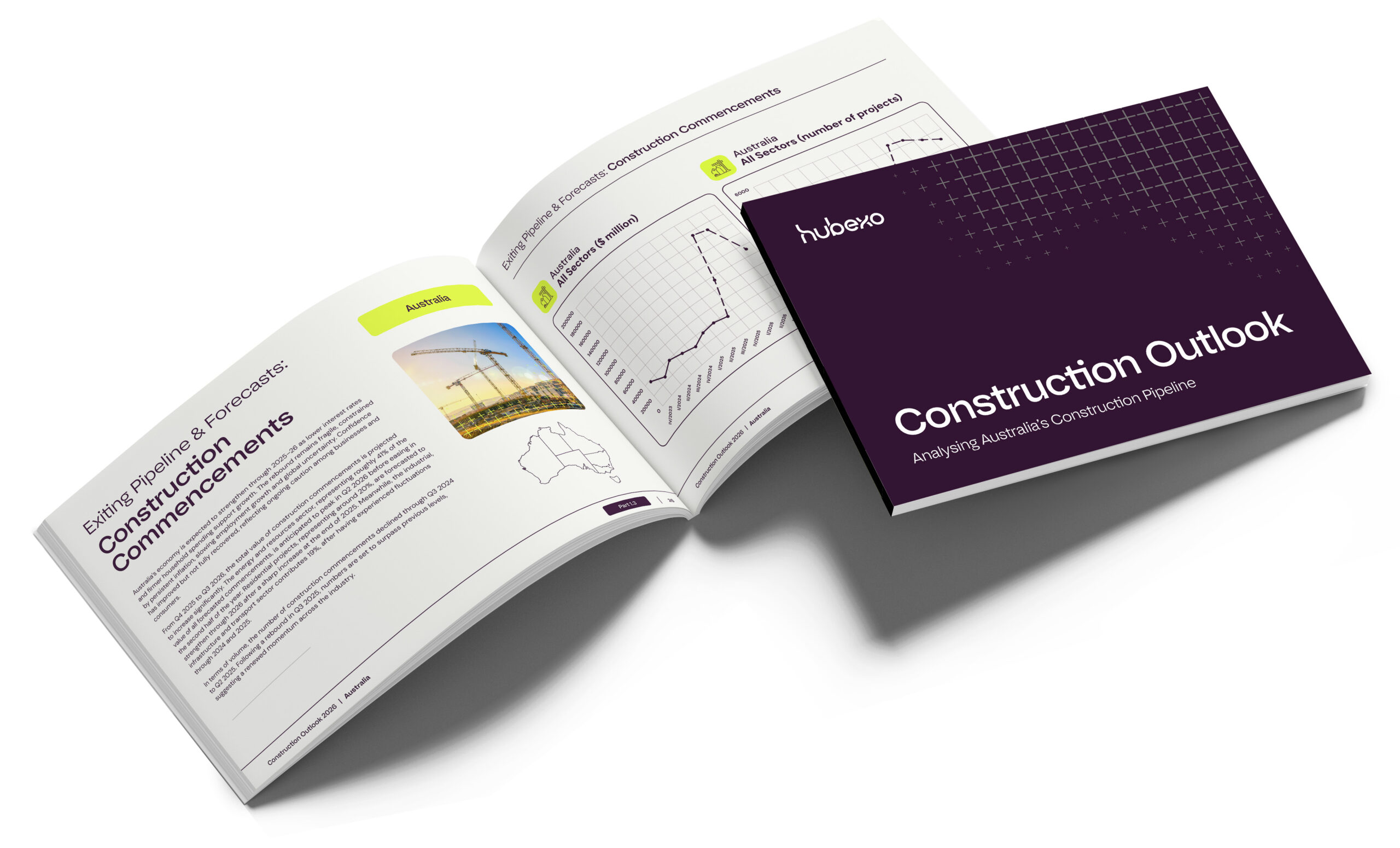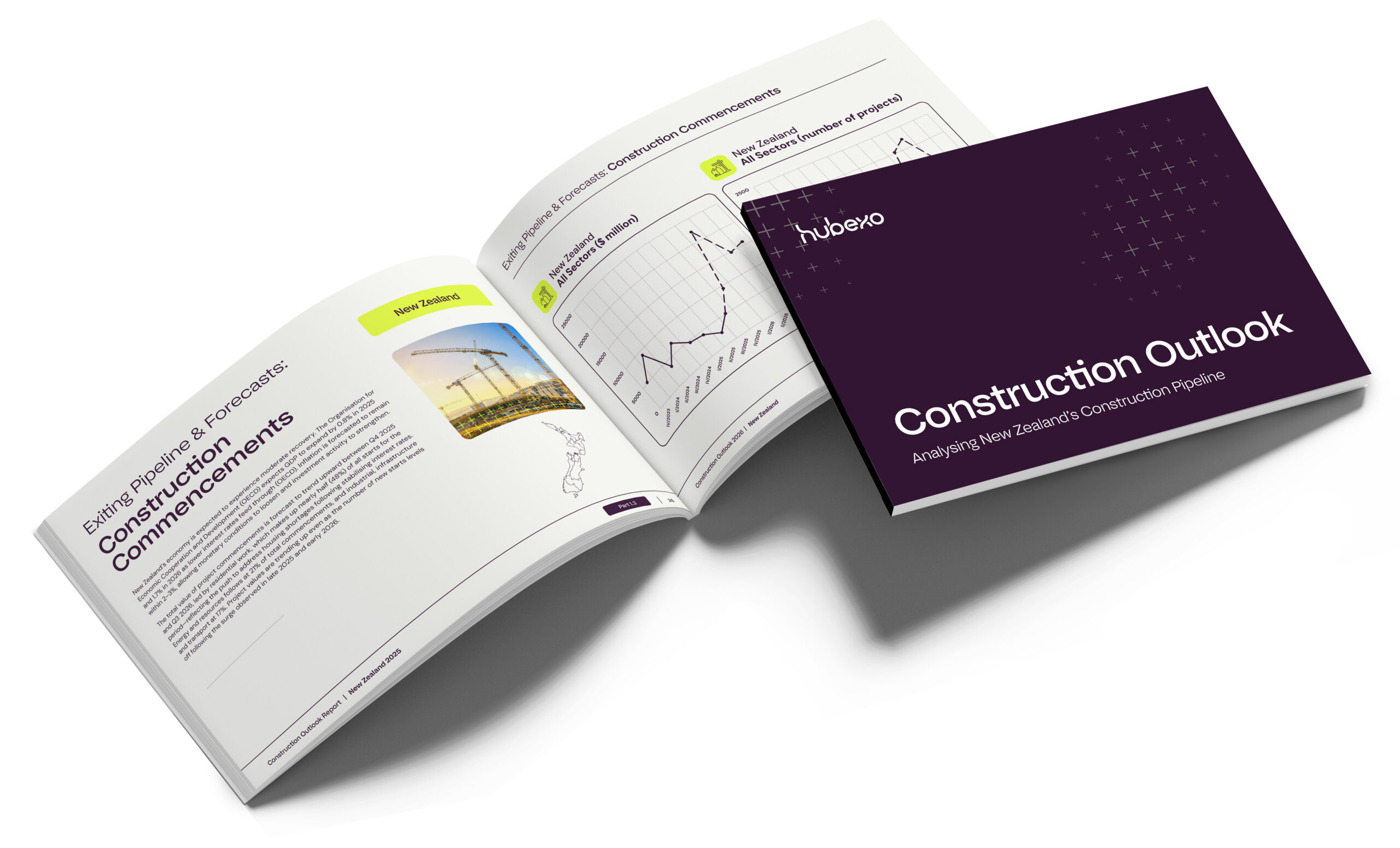- Rumah
- >
- Decode Doubles Down as Rivals Retreat from Residential
Decode Doubles Down as Rivals Retreat from Residential

While most contractors tread carefully around residential construction amid rising costs and tightening regulations, Sydney-based builder Decode is moving in the opposite direction.
Decode is growing rapidly off the back of its nimble, outcomes-driven model, establishing itself as a core delivery partner in a residential sector starved for quality builders, while many larger contractors pivot toward commercial, industrial or defence projects to mitigate risk.
Founded in 2008, the Tier 2 contractor has delivered over $3.3 billion in project value across nearly 50 completed jobs, with a 100 per cent delivery rate. With $1.4 billion in the current pipeline and a projected $320 million turnover for FY2025–26, Decode is expanding its footprint across NSW, including a surge of work in Newcastle.
“At a time where many are pulling out of the residential sector, we’re doubling down. That’s the difference”, Decode, Founder and Chairman, Sam El Rihani told BCI Central.
“We’re one of the last third-party residential builders left in NSW—and right now, we’re NSW’s number one residential builder in terms of scale and volume of work we are delivering.”
LeadManager data shows the company maintains a strong and consistent footprint across residential projects entering and exiting the pipeline in NSW.
In a market increasingly shaped by vertically integrated developer-builders, Decode’s decision to remain a third-party contractor is not only unusual, it’s proving strategic. Clients say independent builders with scale, compliance maturity and delivery certainty are becoming harder to find, especially on complex, higher-density work.
Decode is now positioning itself as one of NSW’s most active residential builders, currently delivering 17 live projects—six of them valued north of $150 million, respectively. These include the $660 million-plus Carrington Place in Castle Hill, Vue in Cronulla, and Dairy Farmers Towers in Newcastle, with the Merewether Residences, Queensgate and Potts Point also underway.

Decode’s operational edge lies in its “Small Business Alliance” model, which brings formwork, electrical, engineering and labour hire in-house. The structure is designed not for margin trimming, but for control and risk insulation, particularly relevant as subcontractor volatility reshapes delivery timelines across the mid-tier market.
“Our structure isn’t just about cost-efficiency”, Decode CEO, Divya Mehta said. “It’s about quality control and risk management.”
The builder’s capacity to handle compliance-heavy, design-sensitive builds has drawn repeat business from top-tier developers delivering high-end residential solutions; including Link Wentworth, Sammut Group and IRIS Capital.

Decode’s regulatory alignment was underway well before compliance became industry currency. The company was among the first in its class to adopt the Design and Building Practitioners (DBP) and Residential Apartment Buildings (RAB) Acts, and now holds triple ISO certification, a gold star iCIRT rating, and federal safety accreditation.
Its next industry defining project—a high-rise at Sydney Olympic Park being delivered for Austino—is set to become NSW’s first six-star Green Star-rated residential tower, marking a new phase in its sustainability evolution. Others like Antara and The Switch have already reached five- and six-star ratings, while larger projects such as Carrington Place are being delivered in alignment with state TOD policy.
“We’re not chasing volume or headlines”, Mehta said. “We’re focused on outcomes—and building a business that can outlast market cycles.”
Decode’s internal decisions reflect the same long view that defines its delivery model. While others slashed headcount during the pandemic to stay afloat, Decode held the line, making no redundancies throughout the pandemic. That decision is now paying dividends. With talent in short supply and delivery risk on the rise, Decode is scaling fast while others scramble to rebuild lost capability.
“That decision, to back our people instead of cut, is why we’re finding success now”, Mehta said.
The company’s 200-plus staff represent more than 40 nationalities, with 26 per cent of construction roles held by women—well above industry norms. At Decode, culture isn’t branding. It’s the engine that powers the company’s ambitions.
The same can be said for technology. Decode has adopted real-time dashboards, prefab modules and site drones, not as window dressing but as tools to de-risk.
“Every project manager, every exec, every client can see progress in real-time”, Mehta said.
Decode has also stepped into the policy arena. It co-founded the Funding the Future platform, linking institutional capital with builders, and works closely with the NSW Building Commissioner to help ensure reform reflects site-level realities.
“The system needs to work for builders, not just developers”, Mehta said.
“Without builders like Decode with this residential focus, who’s going to deliver Australia’s 1.2 million new homes?”
Looking ahead, Decode is expanding into what it calls the “bed sector”—hotels, student housing, aged care and independent living, where its mid-density experience gives it a structural advantage.
“Residential isn’t dying, it’s evolving”, Mehta said. “And we’re positioned better than anyone to shape what comes next.”
While Decode may not be the biggest builder in the game, its continued momentum is being made from clear purpose and people power. In a market defined by caution, it’s moving with intent backed by delivery and a clear read on where the opportunities lie.
Who’s building what, where and when? LeadManager shows you.
Track real projects. Connect with real decision-makers. Close real deals.
Start finding leads now.




